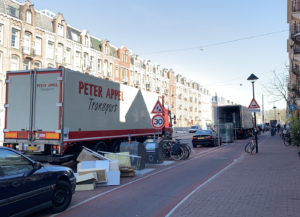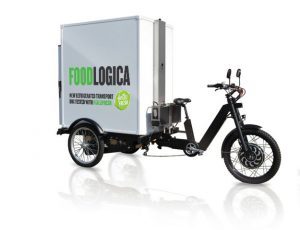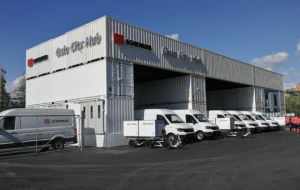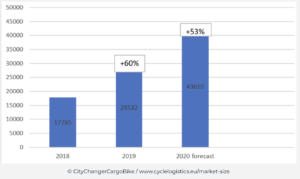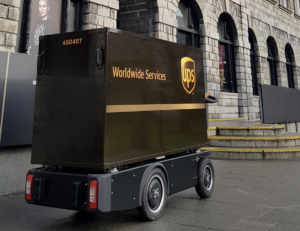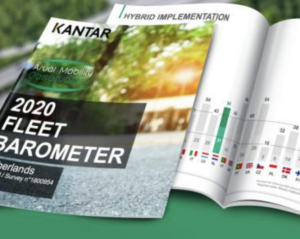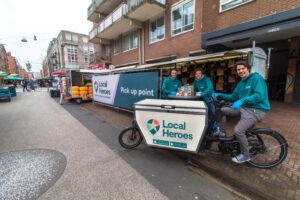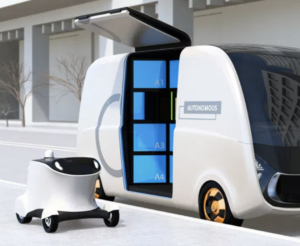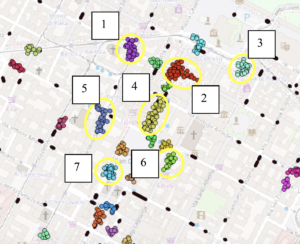Amsterdam (NL): local construction logistics by water

The port of Amsterdam is in close connection with the city. Large quantities of goods are transported to and from the port by water on a daily basis. The livability and accessibility of the city are decreasing. That is why it is smart to transport goods such as construction materials over the canals.

